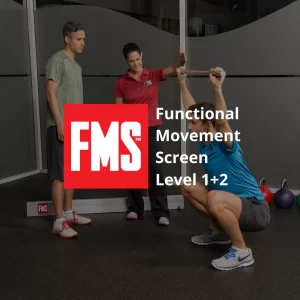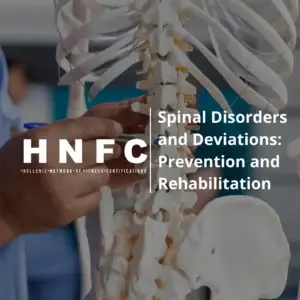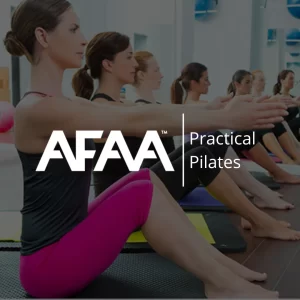Through the program you will: ● Become familiar with the corrective philosophy of FMS to improve your training results. ● Learn to interpret FMS results and improve your decision making process for setting training priorities for your trainees. ● Learn useful corrective strategies for each motor pattern of FMS, including breathing, mobility and motor control. ● Increase your confidence in using FMS in your business by learning from various live examples. ● You can learn the corrective exercises and corrective movement patterns in the best possible way as you watch the instructors perform them live. Successful candidates of the FMS Level 2 Certification Exam will receive 1 year free subscription to FunctionalMovement.com which includes: ● Create an online profile “My FMS” at https://www.functionalmovement.com/ ● Access to the online exercise library. ● Educational videos, podcasts and articles. ● Free access to the FMS PRO APP for mobile and tablet (available in App Store & Google Play) for one year. Program Material: Chapter 1: Correcting common mistakes in the assessment process. Chapter 2: Identifying Mobility or Motor Control constraints. Chapter 3: Understanding how different assessment tests may be related. Chapter 4: Learning therapeutic/corrective and basic exercises. Chapter 5: Understanding the process of applying appropriate exercises based on the results of FMS measurements. Chapter 6: Introducing therapeutic/corrective exercises into program design. Chapter 7: Using FMS scores to determine which patterns to apply. Appendix #1: Overview of key concepts Appendix #2: Additional examples
 Youth Exercise Specialization(YES Workshop) By NASM - Degree in Exercise Specialization for Children
€550.00
Youth Exercise Specialization(YES Workshop) By NASM - Degree in Exercise Specialization for Children
€550.00 Functional Movement Screen Level 1+2 by FMS - Certification
€1,290.00
Functional Movement Screen Level 1+2 by FMS - Certification
€1,290.00Functional Movement Screen Level 2 by FMS – Certification
€690.00
Program Points: 1.5 NASM
The FMS is a screening tool used to identify muscle limitations or asymmetries and includes seven (7) fundamental movement patterns that are important for the quality of functional movement in people who are not in pain and do not have a musculoskeletal injury.
The Functional Movement Screen (FMS) Level 2 course focuses on vital concepts of motor fitness and exercise programming. You will learn how to select the best exercises for your trainees based on the results of the Functional Movement Screen, so you will be able to offer them a personalized exercise pathway for their lifelong motor health.
FMS is a valuable tool for all fitness and health professionals.
In stock





